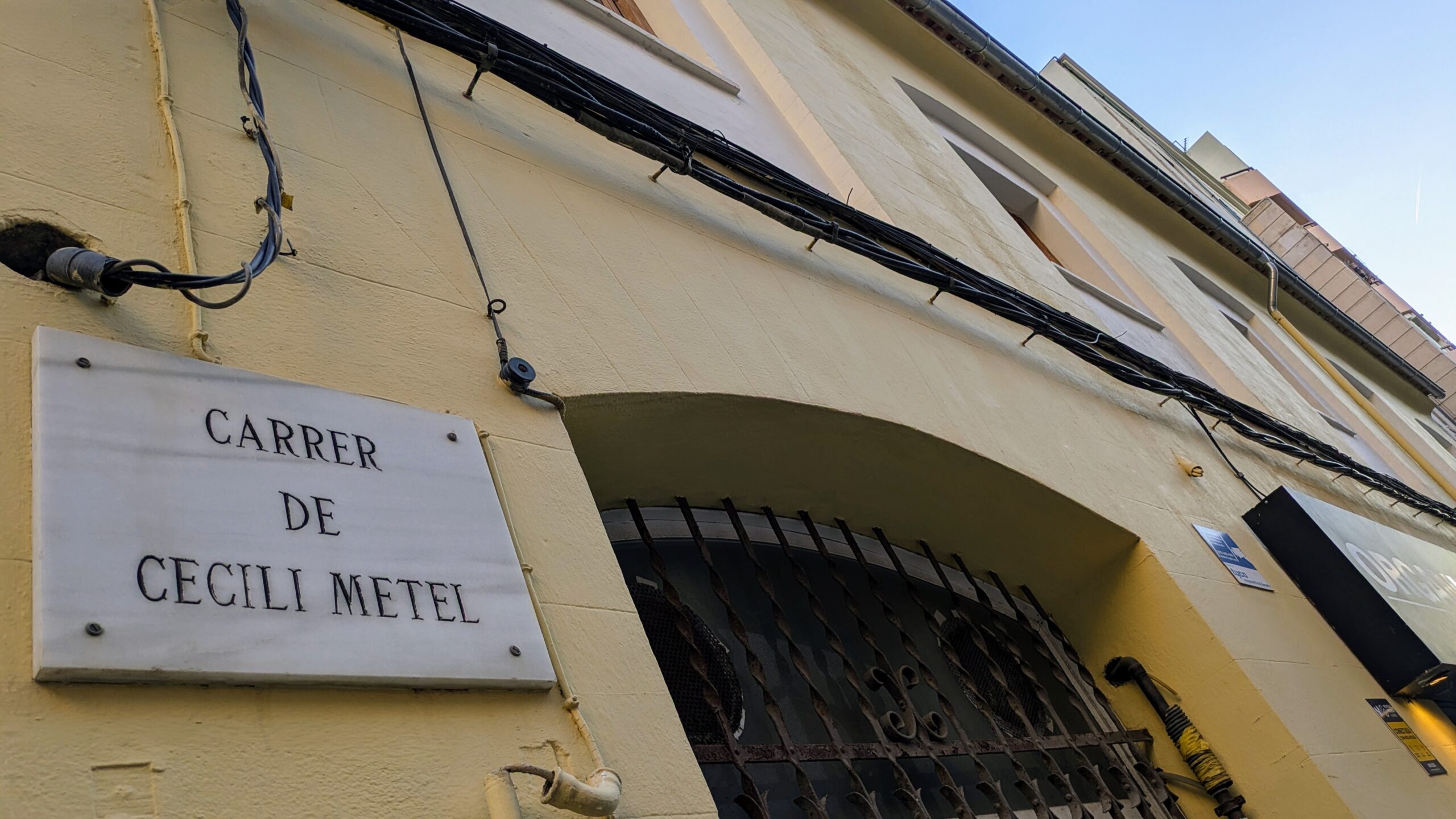It’s a thoroughfare that looms large in Palma: Carrer Cecili Metel, home to the terrifying Tax Department and a place where many residents have surrendered in grim and weary resignation. But did you know the street’s namesake, Quintus Caecilius Metellus Balearicus, earned his fame as the Roman general who subdued the Balearic Islands in 123 BC?
While today’s taxpayers face off against forms and audits rather than fearsome Balearic slingers, the connection between a street known for fiscal reckoning and a man who once collected spoils for Rome is oddly fitting. Join us as we delve into the tale of Metellus, whose triumph over the islands’ legendary sling-wielding warriors echoes faintly in the shuffle of papers and the quiet dread of tax appointments.
In the waning days of the 2nd century BCE, the Roman Republic was a sprawling, restless colossus, its armies carving a path across the Mediterranean. Amid this turbulent era, a bold and ambitious general, Quintus Caecilius Metellus, embarked on a campaign that would cement his name in the annals of Roman history. His conquest of the Balearic Islands was as much a tale of strategy and military prowess as it was of turmoil, rebellion, and the relentless expansion of Roman power.
By 123 BC, the Balearic Islands — Mallorca and Menorca — were a haven for pirates. These rugged outposts, dotted with steep cliffs and hidden coves, had become launching points for daring raids that terrorized Mediterranean shipping routes. Merchants and sailors whispered fearfully of the islanders, who were famed for their skill with the sling, a weapon that could deliver deadly accuracy from hundreds of feet away. Rome, ever reliant on secure trade routes to feed its ambitions, could not tolerate such disruption. The Senate tasked Metellus, a man of military distinction, with subduing the islands and bringing them into the Roman fold.
The campaign began with a series of bloody and chaotic landings, after an initial naval confrontation with the pirates. The Balearic slingers, from hidden positions along the coast, unleashed volleys of stones with such force that they could pierce helmets and shields. Roman legionaries, though hardened by years of war, struggled to gain a foothold. But Metellus was relentless. He devised strategies to neutralize the slingers, employing testudo formations — tightly packed shields creating an impenetrable wall — and counterattacks that exploited gaps in the islanders’ defenses. Many fled to the mountains. Metellus then began a manhunt, slaughtering around 5,000 men. To secure Roman control, he founded colonies, including Palma and Pollentia (modern Alcúdia), planting the seeds of Roman civilization amid the rugged beauty of the Balearics. The islanders were forced to integrate into Roman society, their famed slingers becoming prized auxiliaries in the Roman army.
Metellus remained in the islands for approximately two years. In 121 BC, he returned to Rome. For his triumph, he was granted the honorific “Balearicus,” a testament to his achievement in conquering the once-unassailable islands. His triumphal procession through Rome must have been a spectacle: captives in chains, exotic spoils from the islands, and the general himself, radiant in his laurels, embodying Rome’s insatiable hunger for expansion.
For the Balearics, Metellus’ conquest marked the end of an era and the beginning of another. The islands became vital links in Rome’s Mediterranean network, their people irrevocably tied to the fate of the empire. Over time, the rugged slingers who had defied Rome would march under its banners, their skills now a weapon of the very empire that had subdued them.








